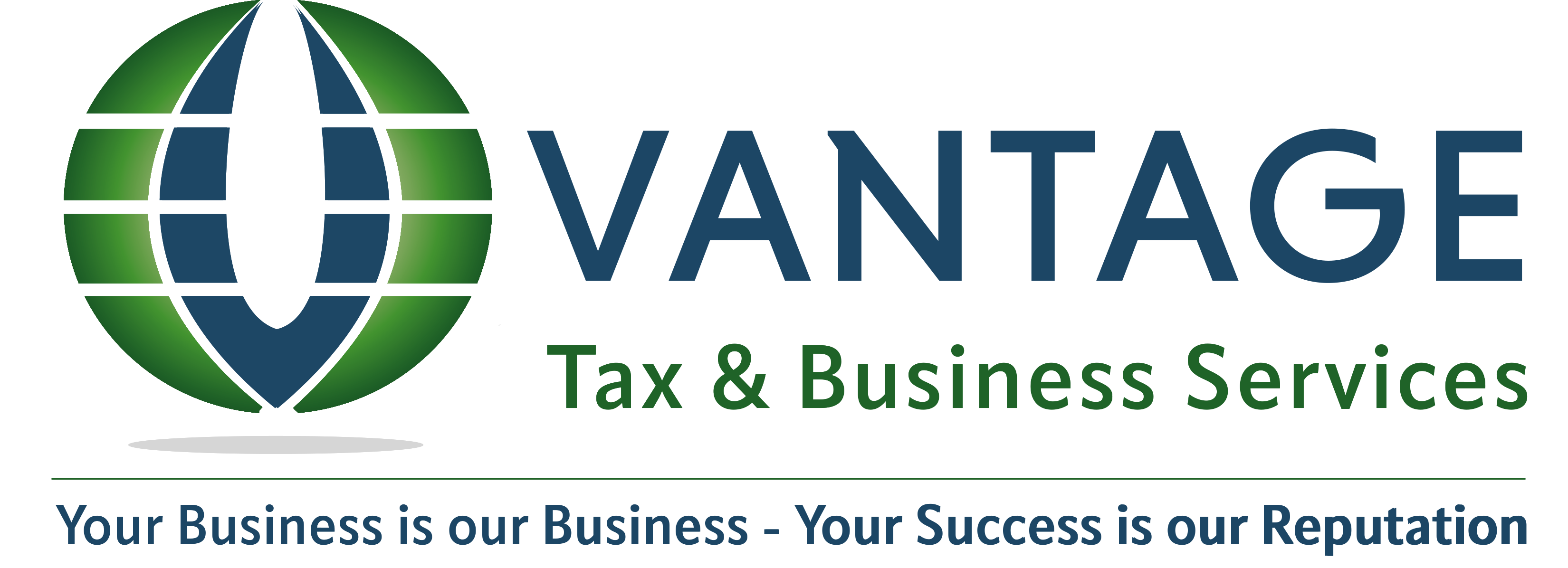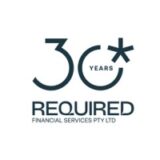Business ServicesAccounting
Software Advice
The team at Vantage uses a wide range of applications including MYOB, ZERO, QuickBooks, Bank Link, Cash Flow Manager, Industry specific software as well as manual and electronic spreadsheets. That means we can also assist you in selecting a software application that best suits your business and its size.

Some of the factors to consider when selecting software include:
- Ease of use. Will you need a book keeper?
- Cost
- Volume of your transactions
- Do you operate with accounts receivable/payable?
- Are up to date financials important to you?
- Are you registered for GST?
- Do you pay wages?
- Do you require payroll requirements to be calculated?
- Do you have stock you want to control?
- Do you want cloud-based software?
- Compliance advice
Before evaluating your options, you should determine what type of business you are. The majority of businesses utilising accounting software fall into one of three categories.
Small Business:
These businesses are on the verge of upgrading basic systems, such as cash books, excel to a package such as MYOB/Xero for a more robust accounting systems that will support sophisticated functions such as payroll and analytics. Growing businesses upgrade their systems for a range of reasons. Industry-specific functionality will become important when a small business reaches a certain size.
Big Business:
These are businesses and organizations that need the functionality of a full enterprise resource planning (ERP) suite. Usually, these systems will include functionality for multi-company consolidation, international operations and foreign currency and other concerns relevant to large entities. Seamless integration is usually more important than specific features. Examples of these are SAP and Oracle.
Functionality/Specific Business:
These businesses are focused on specific functions. Examples of this are businesses such as nonprofit organizations which need to look specifically for systems that can perform fund accounting . This allows funds to be tracked in such a way that different grant providers can see the right report on how each fund amount has been spent. Construction companies or engineering firms, on the other hand, usually need a system that can break down costs by each project, location and other characteristics.
The key benefits of accounting software systems are better visibility of expenditures, which leads to more financially responsible decision-making. In addition, systems can generate reports in a variety of ways to summarize this information cleanly for the end user.
With our extensive knowledge and expertise, we can help you with accounting software advice in Melbourne. Arrange your free no obligation meeting.
Call (03) 9859 8555
Trusted by many people





